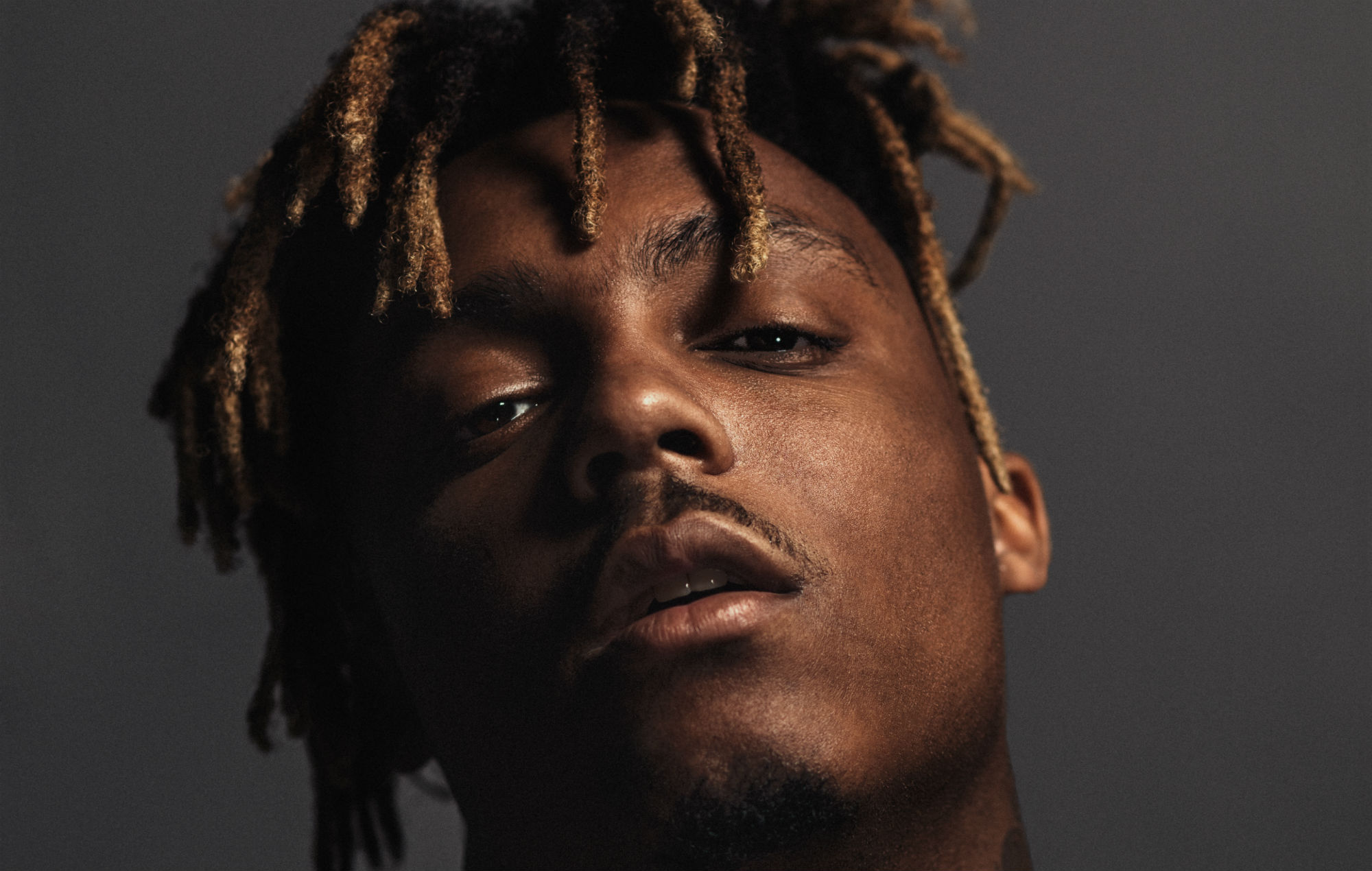
I understood it was addiction, and he needed help.

It wasn’t like he tried to hide what he was doing from me. “One of our last conversations was on his birthday, and he told me he was going to go to a place in a few weeks to get help. Wallace was constantly trying to persuade him to get help, and specifically, to resume speaking to a psychologist with whom he’d worked during his teenage years. “He was saying, ‘It’s anxiety, and this is how I’m dealing with it,’ ” she told me. Juice and his mother, Carmela Wallace, began to talk regularly about his drug use after he became famous and she heard his narcotics-drenched lyrics on the radio. That was the soonest they were available to get him in. And we have to do something.’ And he agreed. “I and a couple other people had come to him in tears, like, ‘We’re worried about you, and we’re scared we’re going to lose you if you keep up these habits.

“We had just broken down a lot of barriers with him,” Lord explains. “Man, you’re taking this a little too far right now,” his recording engineer and arguably his closest musical confidante, Max Lord, remembers thinking at the time.ĭuring a tour of Australia that ended just a week prior to Juice’s death, Lord and others close to him had finally confronted him about his drug use. His music stood out for its rawness and emotional vulnerability: In the intro to “Lean Wit Me,” off 2018’s platinum-selling Goodbye & Good Riddance debut, he sang, “Drugs got me sweatin’ but the room gettin’ colder / Lookin’ at the devil and the angel on my shoulder / Will I die tonight? I don’t know, is it over? / Lookin’ for my next high, I’m lookin’ for closure.” As 2019 neared an end, those in Juice’s inner circle were becoming increasingly alarmed by his levels of drug consumption.

In the three years since he started releasing music to SoundCloud, Juice had found huge success with a tender-voiced combination of melodic hip-hop, emo, and pop-punk-nine months before his death, his second album, Death Race for Love, debuted at number one on Billboard’s chart. In two weeks, he was set to enter a rehab program, but first he headed from Los Angeles home to Chicago, accompanied by a handful of friends and security guards, to celebrate his 21st birthday with a game of paintball. It was a habit, he said in a radio interview, that started as early as his freshman year of high school and continued as he discovered the drug-saturated music of rappers like Future. Jarad Anthony Higgins, as his birth certificate read, had long been an open wound on wax and in interviews about his battles with prescription drugs like Xanax and Percocet, and his struggles with mental health in general. When Juice WRLD boarded a private jet in early December 2019, for what would turn out to be the last flight of his young life, his friends and family had become increasingly alarmed about his drug intake.


 0 kommentar(er)
0 kommentar(er)
